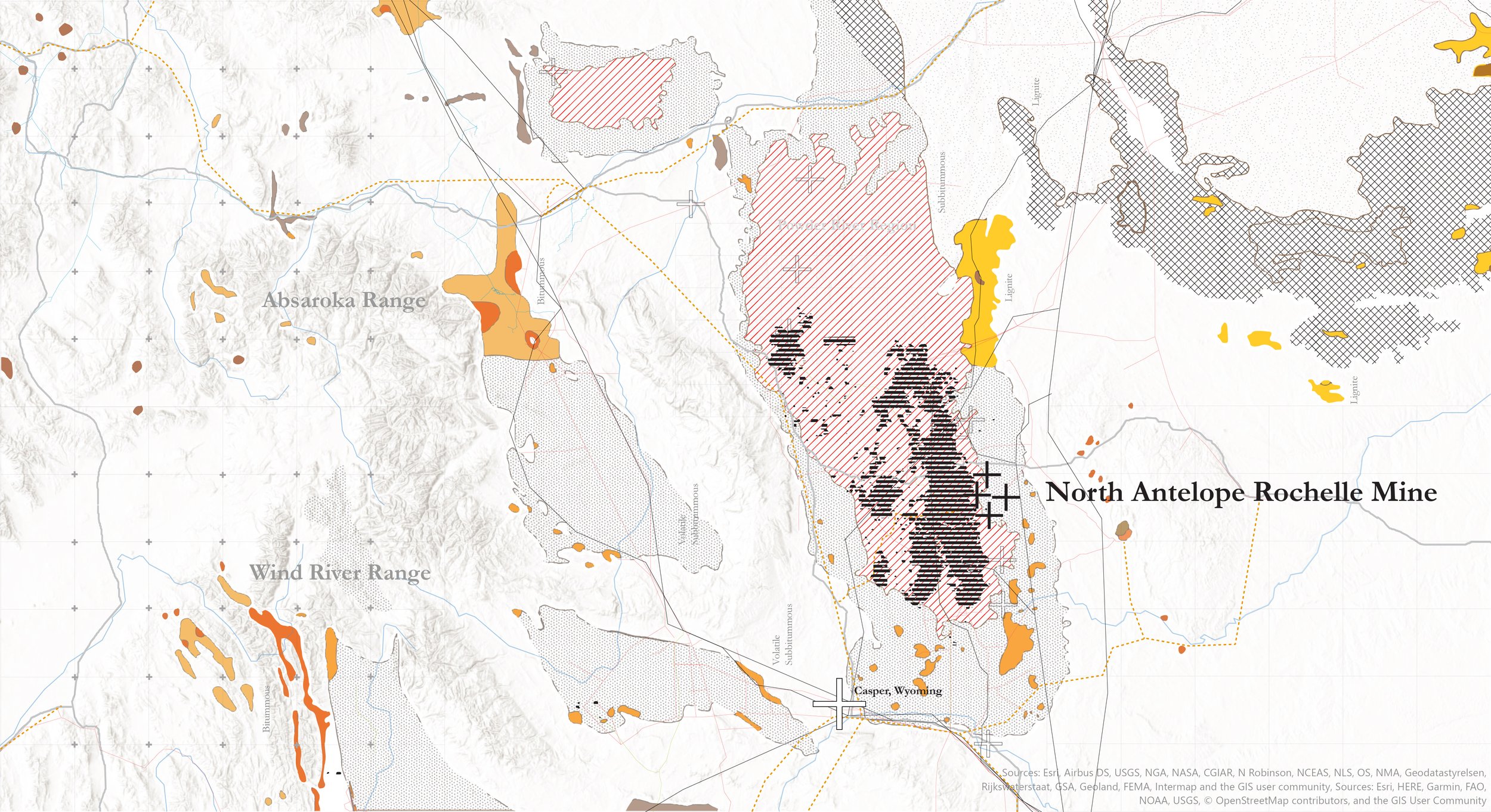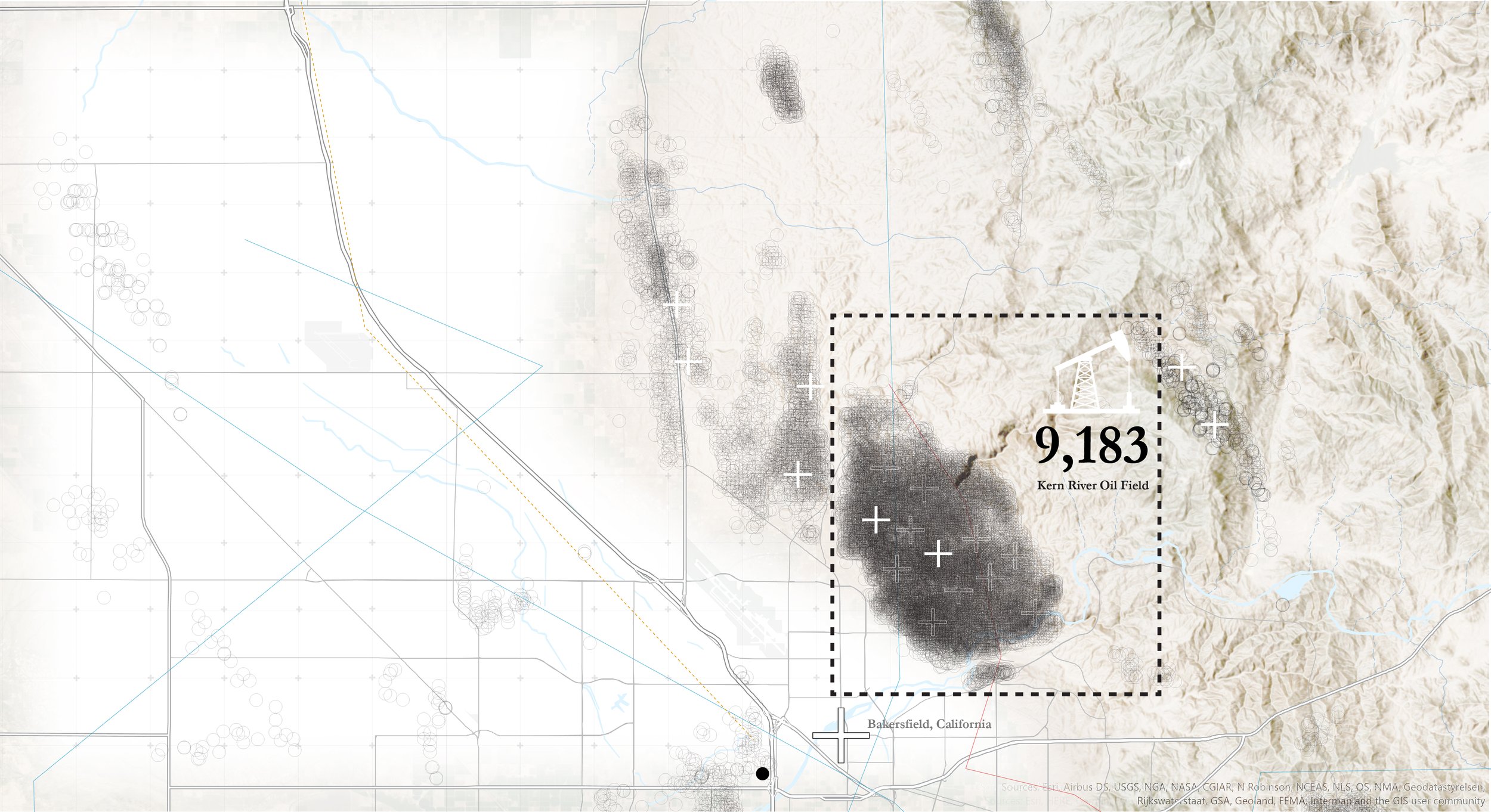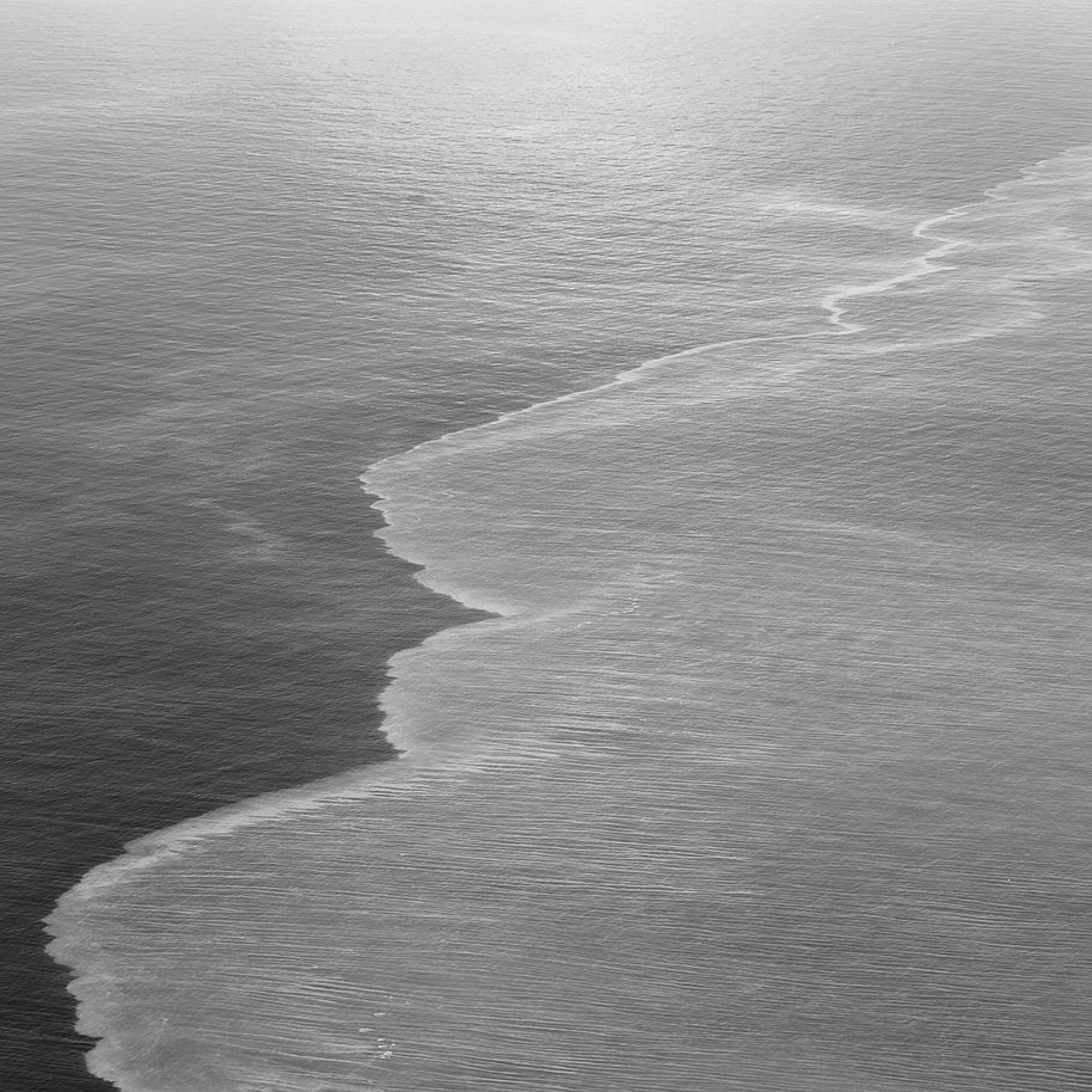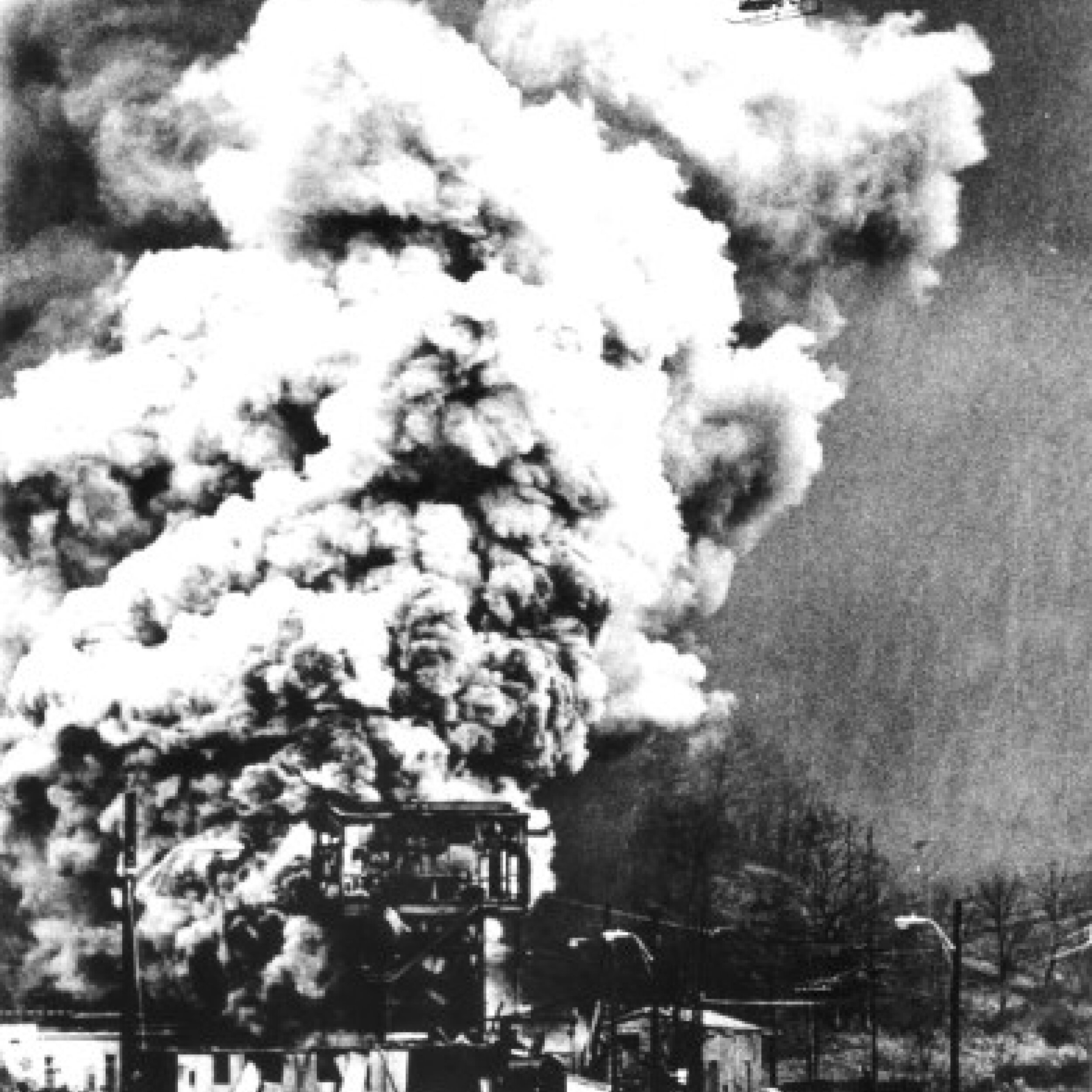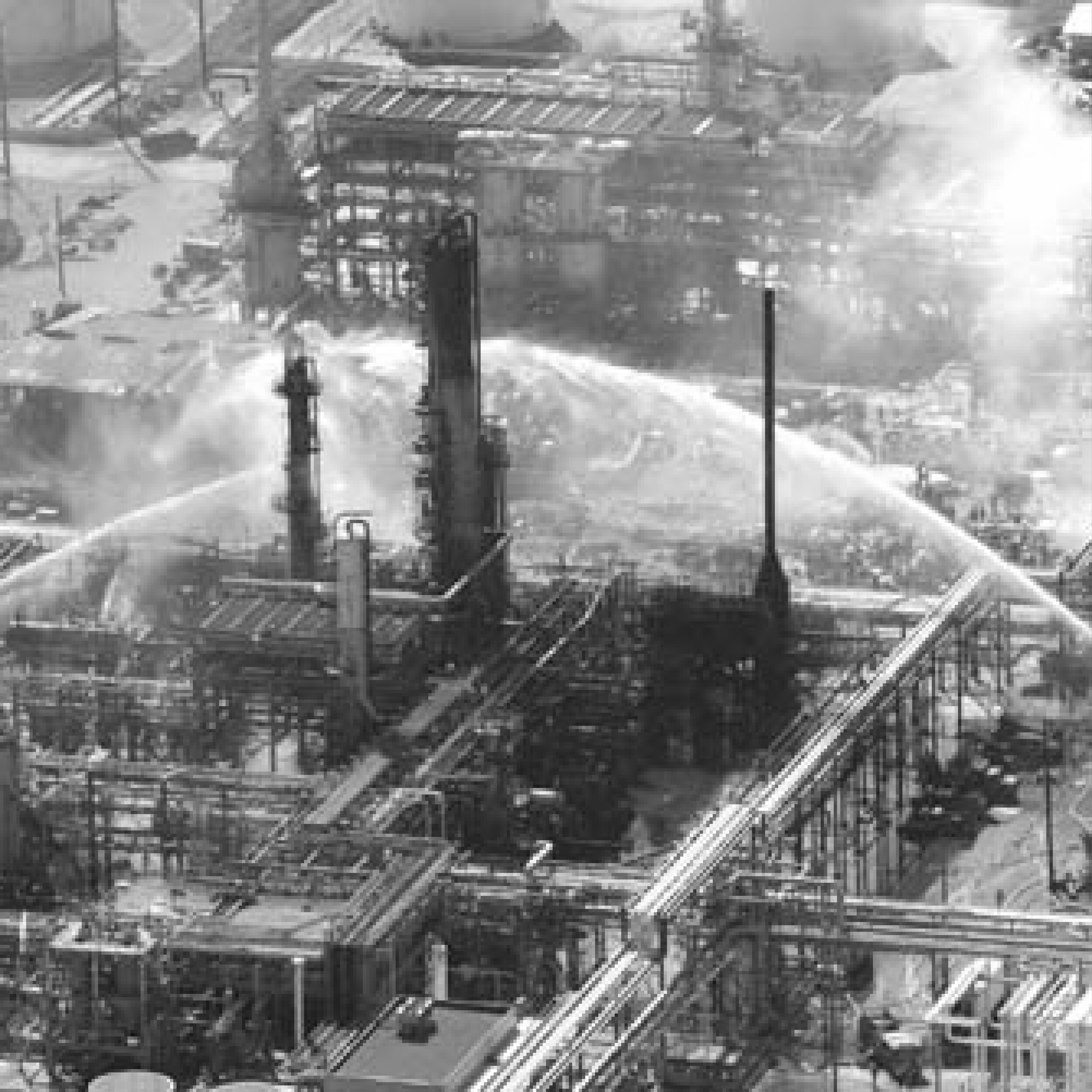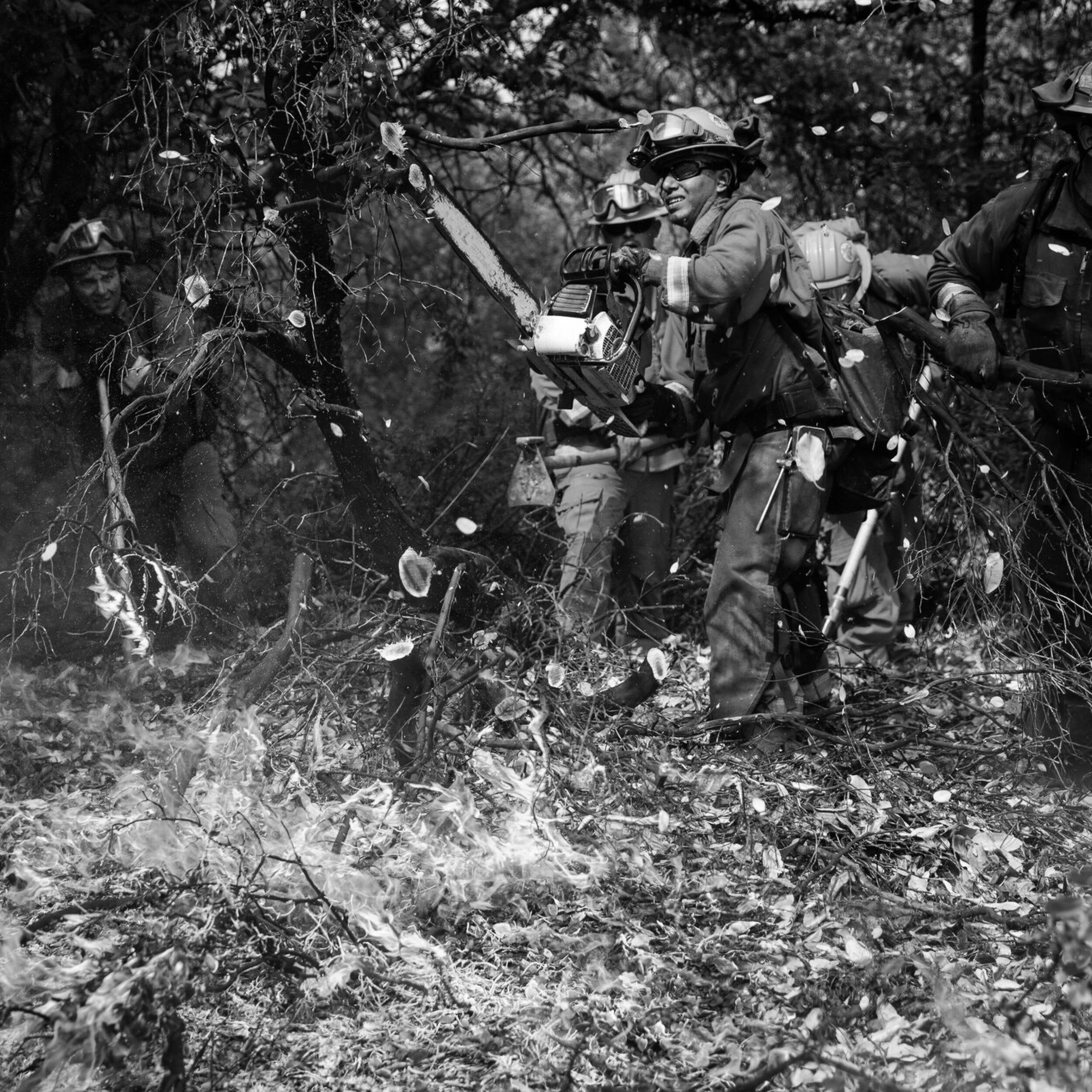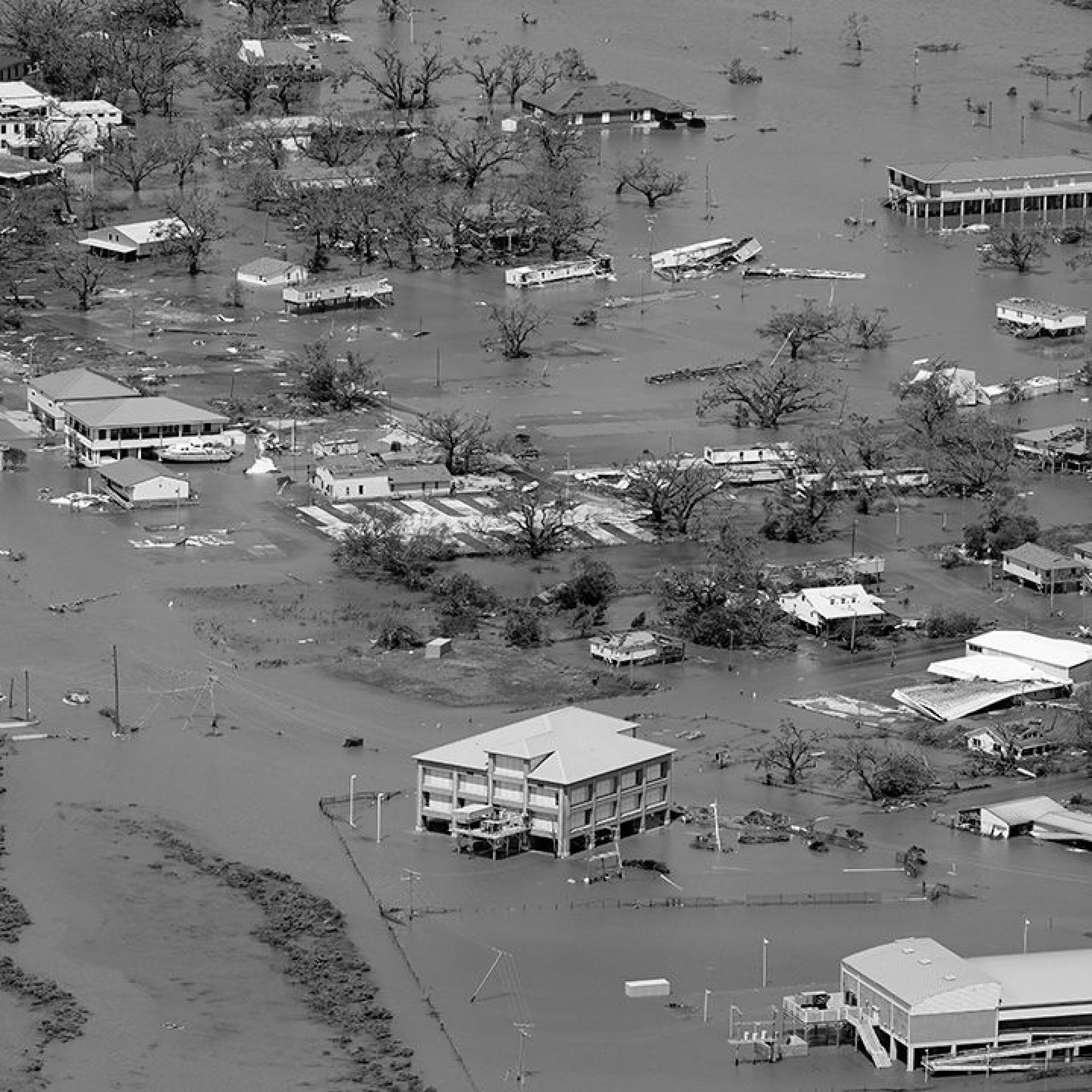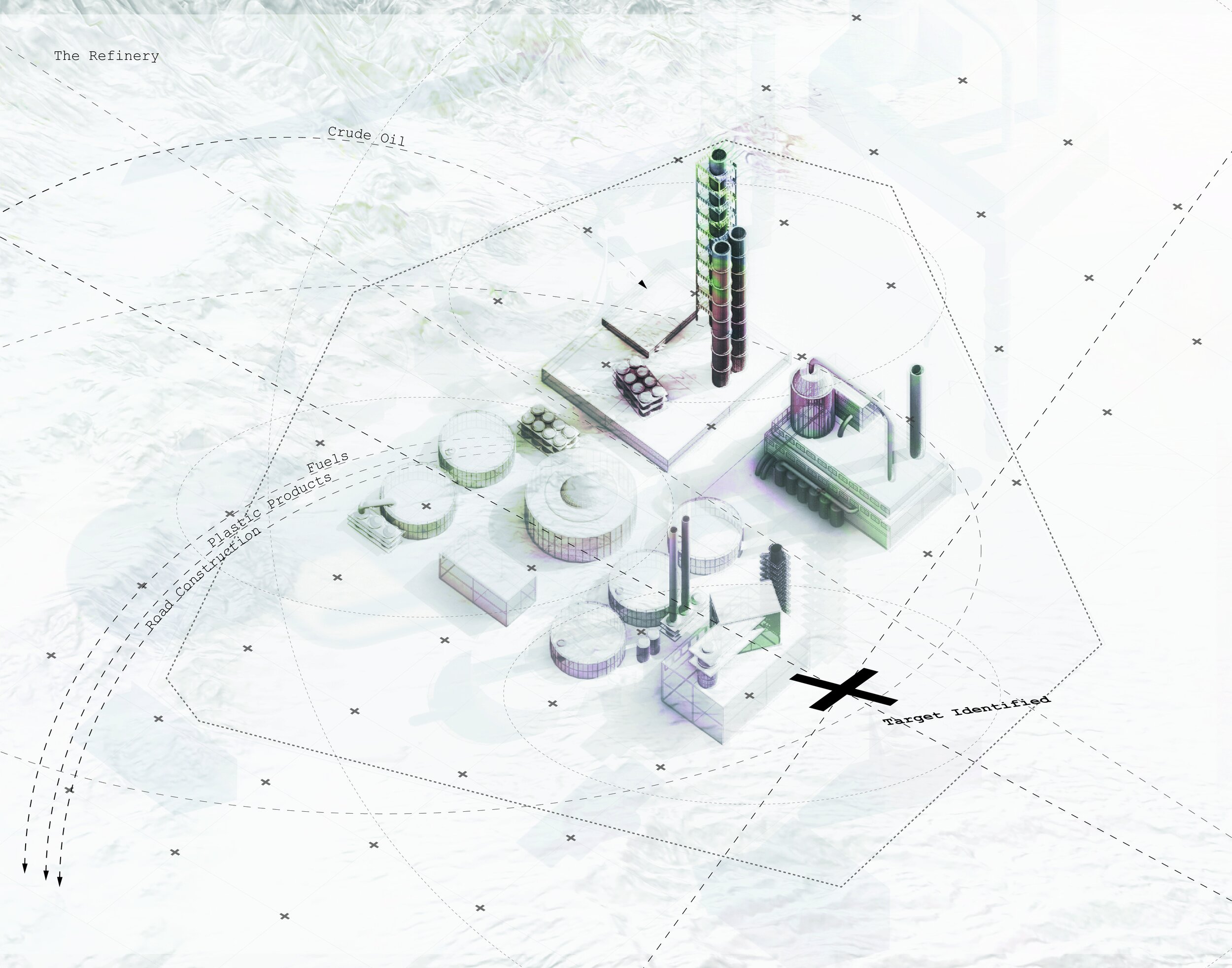TERRA INCOGNITA: POST-TRAUMATIC INFRASTRUCTURAL OPPORTUNISM
[undergraduate thesis)
SITE // South Belridge Oil Field | Kern County, California
PROGRAM // Large Operative Clean-Up Systems
SEMESTER // fall 2020 - spring 2021
RECOGNITION // 2021 ARCC King Medal, Tau Sigma Delta Bronze Medal, Faculty Award of Excellence, Distinguished Design Award, Third Place in Architecture - EUReCA
ABSTRACT
In anticipation of the impending results of a world affected by climate change, architecture is now more than ever positioned to leverage its unique influence, communication, and power to fight problems that the world cannot see. Everyday we turn a lamp on, start a car, or make a pot of coffee, we are engaging into a complex system of interacting with the world’s natural resources: fossil fuels. The United Nations, as of 2019, predicts we have but twelve years at most until climate change is irreversible. As the world runs out of time to cool down, global traumatic incidents such as earthquakes, tsunamis, and hurricanes expose a brittle system of energy infrastructure all over the world- the resiliency of how we generate the energy we use is being scrutinized. Climate change is the ultimate global problem, so when our national systems of energy are restructured, readapted, and reorganized into new urban frameworks focused on multifunction, what happens to an urban future poised for sustainability instead of waste and excess?
south belridge oil field - section
Mason White and Lola Sheppard of Lateral Office write that “infrastructures are in fact ecologies, or natural systems artifically supplemented.” Taking a narrative approach in exploration of the various forms, flows, and systems of infrastructure, this thesis creates a speculative future of oil field reinhabitation with LOCUS (Large Operative Clean Up System) Corporation in a world where coastal Los Angeles is predicted to no longer be habitable due to rising sea levels. LOCUS Cities celebrate new apparatuses for reclaiming the hinterlands from oil extraction and create the new model for the touristic company town that celebrates the exuberance of new energy futures.
This thesis questions the role of current energy territorialization within Aera Energy LLC’s sphere of influence in Kern County and provokes the 21st century energy transition and utopian playground of infrastructural ecology. The research addresses architecture’s relationship to petroleum and natural gas extraction in Kern County and its dynamic relationship with territory and urbanism through a series of provoking cartographic explorations, urban narratives, and computational speculations for a post carbon future.
By questioning the role of systems thinking in large scale problems such as climate change, questions of design autonomy are raised in a world of where we might often neglect to study the systems, the “hidden substrate”, that are right under it. This thesis leverages systems thinking and analysis to posit landscapes of energy as ones that are inherently connected to the growth and development of 21st century cities while also questioning the difference between how energy is currently utilized versus how energy ought to be utilized.
Mapping Belridge oil infrastructures.
The world we created.





